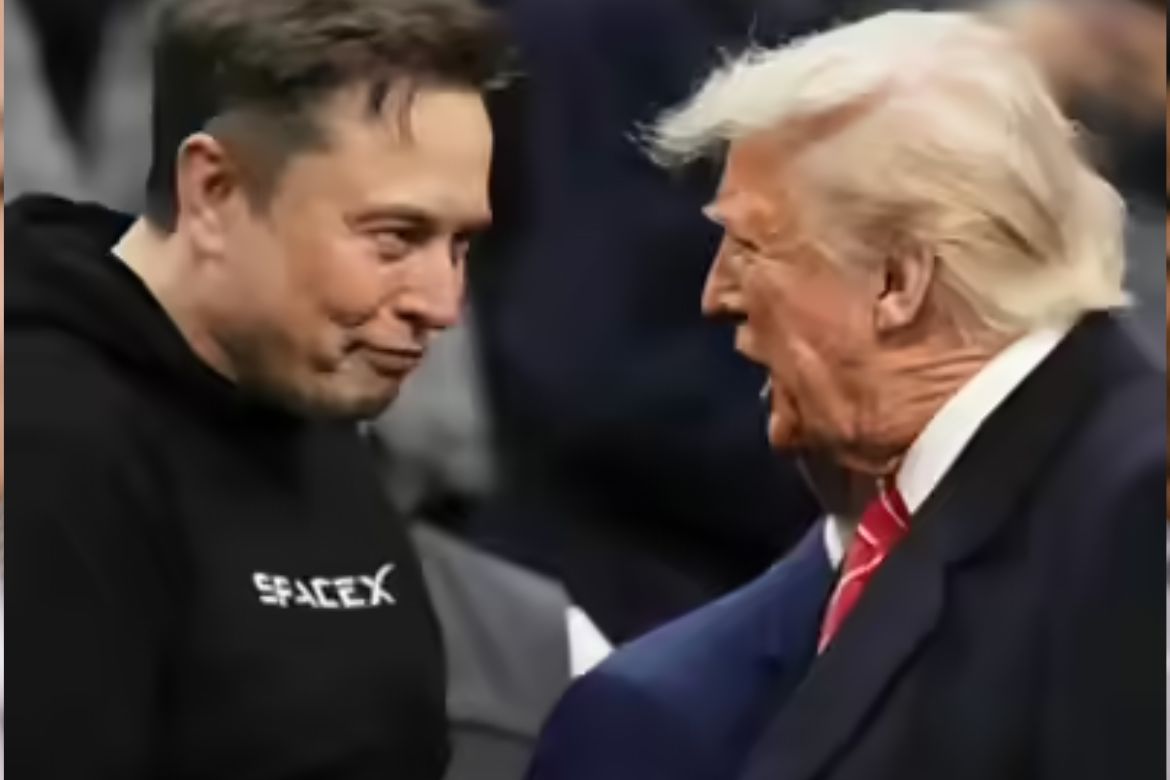A Tax Bill with Global Tech Stakes
Former US president Donald Trump has unveiled a “big, beautiful” tax package that promises hefty corporate cuts at home—but its true ripple effect may be felt in the rapidly evolving world of artificial intelligence. As Gulf governments double‑down on AI‑driven economic diversification, any shift in Washington’s policy landscape is impossible to ignore.
Key Provisions at a Glance
| What’s on the table? | Why it matters to the Gulf |
|---|---|
| Deep corporate‑tax reductions | Cheaper US capital could lure some AI start‑ups away from international hubs, forcing Gulf investors to sharpen their incentives. |
| Targeted breaks for AI, semiconductors & quantum R&D | Heightens America’s pull for top talent—just as Abu Dhabi, Riyadh and Doha are scaling up sovereign‑fund stakes in the same sectors. |
| Penalties for offshoring AI development or data centres | May complicate joint‑venture deals Gulf firms strike with US tech giants if facilities sit outside US soil. |
| Possible “digital sovereignty” levy on foreign platforms accessing US user data | Sets a precedent that could embolden other jurisdictions—including Gulf regulators—to demand similar terms. |
The Controversial AI Clause
Buried in the House‑approved draft is a 10‑year freeze on any state‑level AI regulation, enforced by withholding federal funds. Critics say it sacrifices consumer safeguards; supporters argue it prevents a “patchwork” of rules that could slow innovation.
Why Gulf analysts care: A clear, national framework (or the absence of one) shapes where multinationals site their R&D. Gulf free zones marketing a “light‑touch” AI regime may either gain an edge—or inherit regulatory risk—depending on how the US debate unfolds.
Reaction in Washington—Unusual Bedfellows
- Sen. Edward Markey (D‑MA) warns the bill “puts civil rights on hold.”
- Rep. Marjorie Taylor Greene (R‑GA) says rural states would be unfairly punished if they pass their own AI safeguards.
- 40 state attorneys‑general have urged the Senate to strip out the AI limits, echoing calls from consumer‑protection groups such as Common Sense Media.
With bipartisan pushback mounting, Senate leaders must decide before the self‑imposed 4 July deadline.
Winners & Losers—A Gulf View
| Potential Winners | Potential Losers |
|---|---|
| US‑based AI start‑ups (lower taxes, richer deductions) | Foreign Big Tech facing higher data‑access costs |
| Hyperscale data‑centre builders—unless land prices spike | Outsourced coding hubs in India & Ireland—capital flight risk |
| US defence‑tech suppliers—more Pentagon spend | AI‑ethics advocates—regulatory freeze could sideline concerns |
Regional angle: Gulf sovereign funds invested in US cloud real estate (e.g., Northern Virginia) could enjoy uplift, while MENA‑based service centres may see relocation pressure.
Strategic Context for the Gulf
- Economic diversification – Saudi Arabia’s Vision 2030 and the UAE’s National AI Strategy bank on open global R&D pipelines. A US tilt toward protectionism may prompt GCC states to accelerate indigenous chip fabrication and talent‑visa reforms.
- Digital‑trade diplomacy – If Washington challenges the OECD digital‑tax deal, Brussels and New Delhi could retaliate, splintering markets. Gulf exporters of AI‑enabled fintech and logistics tools must prepare for new compliance silos.
- Energy demand – Hungry US data centres already draw on LNG cargoes from Qatar. Faster domestic build‑outs could boost Gulf energy exports—while also intensifying calls for green‑AI standards.
What Happens Next?
Republican leaders aim to land the bill on the President’s desk by Independence Day. Should the AI clause survive, expect:
- Legal challenges from states that view the freeze as federal overreach.
- Renewed lobbying by Silicon Valley and Gulf investors seeking clarity on cross‑border R&D.
- A possible global realignment as nations weigh US incentives against their own strategic autonomy.
Bottom Line for Gulf Stakeholders
Whether you’re a sovereign‑wealth portfolio manager in Abu Dhabi, a data‑centre operator in Muscat, or a Riyadh‑based AI start‑up eyeing US venture capital, Trump’s tax gambit is more than an American fiscal story—it’s a signal flare for the next phase of the AI power race. Watch the Senate’s amendments closely; the outcome could redraw investment roadmaps from Silicon Valley to Sheikh Zayed Road.



